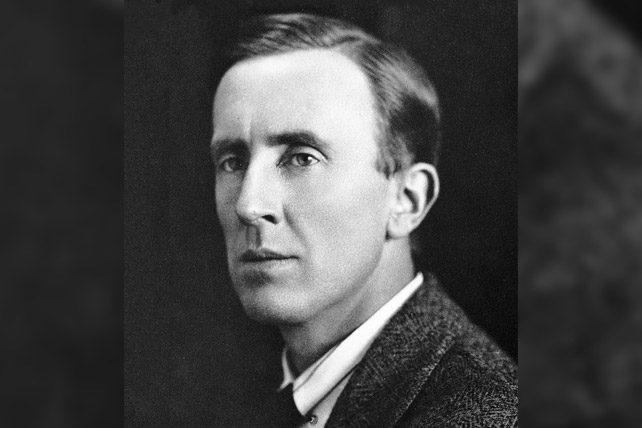Samwise Gamgee, Frodo’s loyal companion, also exemplifies sacrificial love. His unwavering support for Frodo, even when it means putting his own life at risk, highlights the theme of selflessness and service to others that is central to Catholic social teaching.
Sacrifice and Redemption
Tolkien’s work is imbued with the idea that great sacrifices are often prerequisite for redemption and renewal. This is seen in the character of Aragorn, who undergoes trials and renounces immediate power, symbolizing the purifying nature of sacrifice. His eventual crowning as king is not just a personal triumph but signifies the restoration of order and goodness, echoing the Christian belief in resurrection and new life through sacrifice.
Gandalf’s fall in the battle with the Balrog and his subsequent return as Gandalf the White is another powerful depiction of sacrificial transformation. This event can be seen as a metaphor for the Paschal Mystery—the passion, death, and resurrection of Jesus Christ—as Gandalf’s sacrifice leads to his return in a more glorified form, equipped to guide Middle-earth to victory over darkness.
The Role of Sacrifice in Tolkien’s Worldview
Tolkien’s integration of sacrifice into the fabric of his narratives reflects his belief in the inherent goodness of giving oneself for the sake of others. This theme does more than advance the plot; it serves as a moral compass for the characters and, by extension, the readers. Tolkien’s emphasis on sacrifice aligns with Catholic teachings on love, redemption, and the ultimate victory of good over evil through selfless action.
The depiction of sacrifice in J.R.R. Tolkien’s narratives is a testament to the depth of his Catholic faith and its influence on his literary imagination. Through his characters and their journeys, Tolkien explores the complexities of sacrifice and its redemptive potential. These stories resonate with the universal call to courage, selflessness, and the hope that even the smallest act of sacrifice can contribute to the greater good. In J.R.R.Tolkien’s world, as in Catholic Christian teaching, sacrifice is not just a path to personal redemption but a means of transforming the world, illuminating the profound interconnection between faith, literature, and the human experience.

